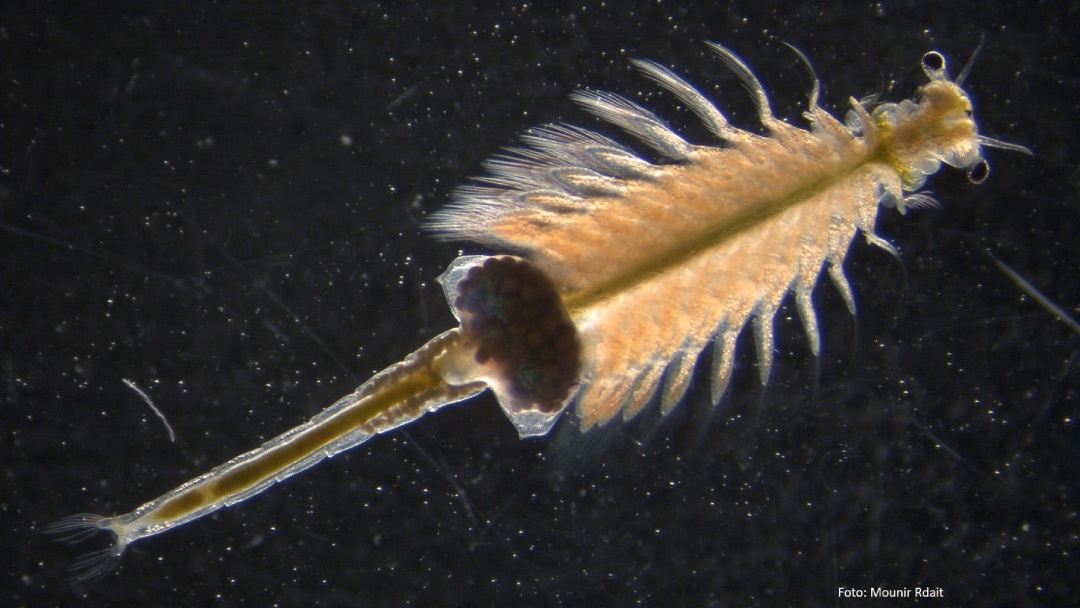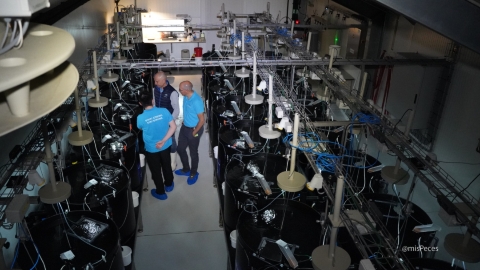
Using vegetable oils as an enrichment source for live feed may offer a cost-effective, sustainable and efficient strategy for modern aquaculture. This is the key findings of a recent study published in Comparative Biochemistry and Physiology Part B, which confirms that Artemia franciscana has a remarkable ability to alter its fatty acid profile in response to plant-based oils.
This work, conducted by Seyed-Mohammadreza Samaee from the University of Urmia in Iran and Alicia Estévez from IRTA- Sant Carles de la Ràpita in Spain, demonstrates how Artemia franciscana – a widely used live feed organism in marine hatcheries – can metabolically adapt when fed with vegetables oils. This metabolic flexibility could help reduce the sector’s dependence on marine oils, which are becoming increasingly scarce and expensive.
According to the researchers, certain essential fatty acids such as the omega-3 eicosapentaenoic acid (EPA) and the omega-6 arachidonic acid (ARA) were shown to increase during Artemia development, even in the absence of direct marine sources. This ability to synthesise key lipids de novo highlights the metabolic plasticity of Artemia and opens the door to tailored lipid profiles in live feeds, according to the specific nutritional requirements of farmed species.
The study also included statistical models revealing linear associations between precursor and product fatty acids within the experimental groups-scientifically supporting Artemia’s potential for adaptive biosynthesis under controlled dietary inputs.
The experiment: olive oils from local cultivars used in Artemia enrichment
For the experimental phase, the team used extra virgin olive oils from three distinct monovarietal cultivars: koroneiki, Parseh, and Arghavan. These oils were emulsified with lecithin and water, when applied to enrich Artemia nauplii over a 36-hour period.
Fiver experimental groups were used: freshly hatched Artemia, Artemia starved for 35 hours, and three groups enriched with the respective oils. The emulsions were added ever 12 hours, in quantities calculated to fully fill the digestive tracts of the 200,000 nauplii used per trial.
A comparison of the groups showed that certain fatty acids increased significantly even between the newly hatched and starved nauplii, indicating active lipid synthesis even without feeding. Following enrichment with the olive oil emulsions, further shift in fatty acid profiles were recorded-confirming Artemia’s ability to assimilate, convert and store functionally important lipids from vegetable sources.


